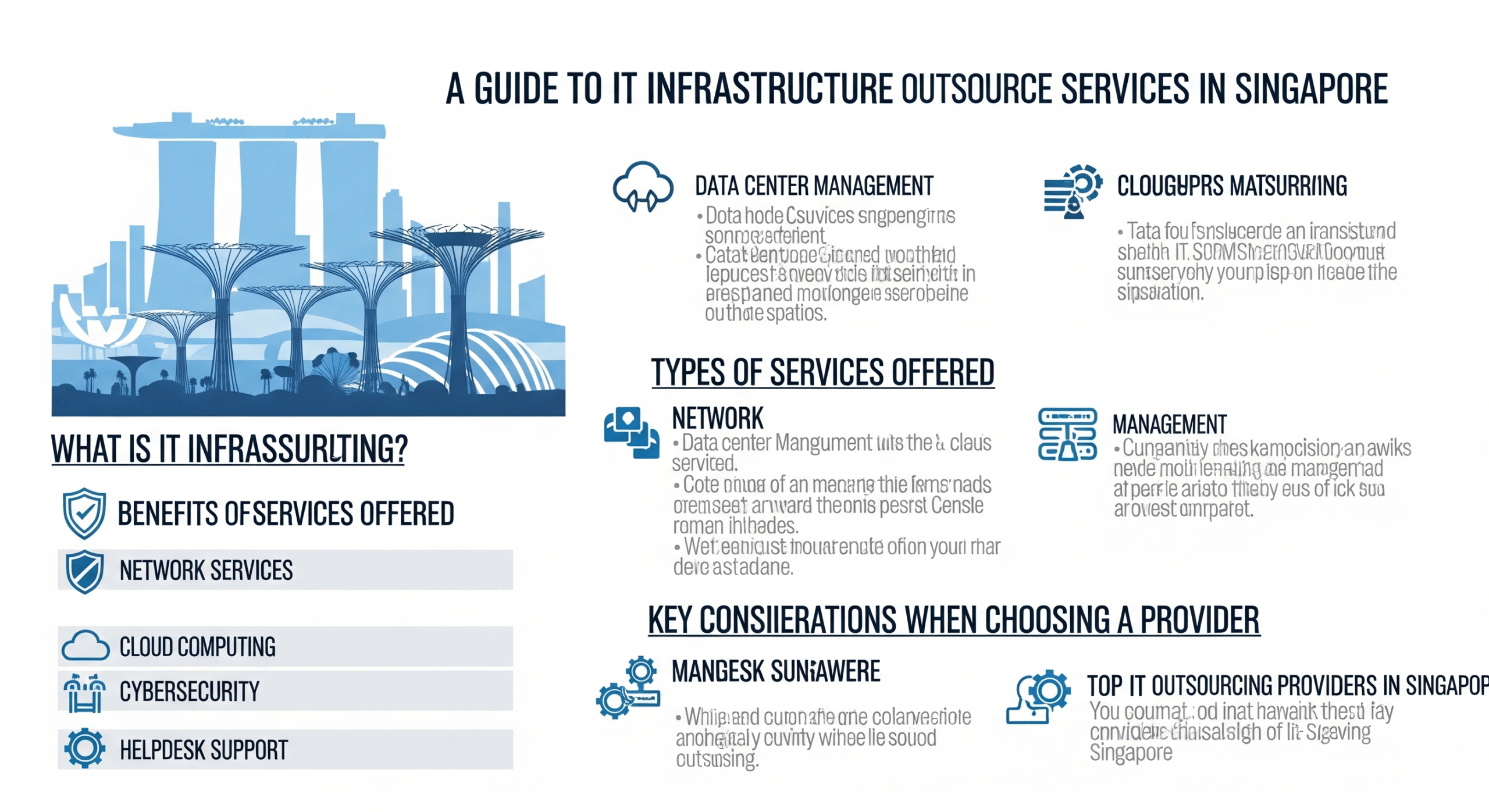If you’re considering a career in software development, you’ve likely asked yourself: do software developers need a degree? It’s a crucial question, especially when considering the time and financial investment of traditional education. The short answer is no—but the complete picture is more nuanced. Let’s explore what the data reveals about education requirements in today’s tech industry.
The Direct Answer: No, But Understanding the Nuance is Key
The straightforward answer is that you don’t need a degree to become a software developer. However, understanding when degrees help and how to succeed without one is essential for making the right decision for your career.
Major tech companies have led the charge in eliminating degree requirements. Google, Apple, and IBM have all publicly stated that degrees aren’t mandatory for many of their technical roles. Instead, they focus on demonstrable skills and practical experience.
What the Data Reveals: Industry Statistics
According to Stack Overflow’s 2023 Developer Survey:
- 49% of professional developers hold a bachelor’s degree in computer science or related fields
- 22% have a master’s degree
- 29% have no four-year degree or come from non-traditional educational backgrounds
This means nearly one-third of working developers succeeded without following the traditional degree path. The percentage is even higher in certain specializations like web development and DevOps.
When a Degree Provides Clear Advantages
While not mandatory, degrees offer specific benefits in certain situations:
Large Tech Companies and Research Roles
Companies conducting cutting-edge research in artificial intelligence, machine learning, or systems architecture often prefer candidates with advanced degrees. The theoretical foundation provided by computer science programs is particularly valuable for these positions.
Government and Defense Contracts
Roles requiring security clearances often have strict educational requirements. Government agencies and defense contractors typically mandate specific degrees for certain positions.
International Career Opportunities
Work visas and immigration processes in many countries include educational requirements. A degree can simplify international relocation and expand your global job market access.
Structured Learning Environments
For those who thrive in classroom settings with guided curricula, degrees provide comprehensive computer science foundations that can be challenging to replicate through self-study.
Successful Alternatives to Traditional Degrees
Coding Bootcamps
Intensive programs (typically 3-9 months) focus on practical, job-ready skills:
- Cost: $10,000-$20,000 vs. $40,000-$100,000+ for degrees
- Time: Months instead of years
- Outcomes: Many report 80-90% job placement rates within six months
Self-Directed Learning
With abundant free and low-cost resources, motivated learners can build skills systematically:
- Platforms: freeCodeCamp, The Odin Project, Coursera
- Cost: $0-$1,000
- Timeframe: 6-18 months depending on commitment level
Apprenticeships and Internships
Many companies offer paid apprenticeship programs specifically designed for non-traditional candidates. These provide real-world experience while earning a salary.
What Employers Actually Value
When hiring managers evaluate candidates, they typically prioritize:
Technical Skills and Portfolio
Your GitHub profile often carries more weight than your educational background. A strong portfolio demonstrating real projects shows practical ability better than any credential.
Problem-Solving Ability
Technical interviews and coding challenges test your ability to think algorithmically and solve problems under pressure—skills that can be developed without formal education.
Practical Experience
Whether through freelance work, open-source contributions, or personal projects, tangible experience building software matters most to employers.
Soft Skills and Cultural Fit
Communication, teamwork, and adaptability are increasingly valued in collaborative development environments.
Building a Successful Career Without a Degree
If you choose the non-degree path, focus on these strategies:
Create an Impressive Portfolio
- Build 3-5 substantial projects that solve real problems
- Include clean, well-documented code on GitHub
- Deploy live applications that users can interact with
- Contribute to open-source projects to demonstrate collaboration skills
Develop a Specialization
While junior developers often need broad skills, specializing in high-demand areas like:
- Cloud computing (AWS, Azure)
- Mobile development
- DevOps and infrastructure
- Specific frameworks or languages
can make you stand out regardless of educational background.
Build Your Professional Network
- Attend local meetups and tech conferences
- Participate in online developer communities
- Contribute to open-source projects
- Connect with other developers on LinkedIn and Twitter
Consider Targeted Certifications
While not replacements for degrees, certifications in specific technologies (cloud platforms, security, etc.) can demonstrate expertise and commitment to learning.
Potential Challenges and How to Overcome Them
The First Job Hurdle
Getting past automated applicant tracking systems and HR filters can be challenging without a degree. Solutions include:
- Leveraging personal networks and referrals
- Attending hiring events and meetups
- Applying to companies known for skills-based hiring
- Starting with contract or freelance work to build experience
Knowledge Gaps
Self-taught developers might miss theoretical foundations in:
- Algorithms and data structures
- Computer architecture
- Computational theory
Address these through online courses, textbooks, and practical application.
Career Advancement
Some organizations maintain educational requirements for senior positions or management tracks. Combat this by:
- Consistently delivering exceptional work
- Developing specialized expertise
- Building a strong professional reputation
- Considering management certifications if moving toward leadership
Industry Trends and Future Outlook
The movement toward skills-based hiring continues to accelerate:
Remote Work Expansion
The shift to distributed teams has forced employers to evaluate candidates based on demonstrable skills rather than credentials.
Alternative Education Recognition
Bootcamps, online certifications, and self-directed learning paths are gaining credibility as viable alternatives to traditional degrees.
Continuous Learning Culture
The rapid pace of technological change means all developers—regardless of education—must continuously learn new skills throughout their careers.
Making the Right Choice for Your Situation
Consider these factors when deciding your educational path:
Your Learning Style
- Structured learners may prefer degree programs or bootcamps
- Self-motivated learners often thrive with independent study
- Hands-on learners might benefit from project-based approaches
Financial Considerations
- Degrees require significant upfront investment with delayed earning potential
- Bootcamps offer faster ROI but immediate costs
- Self-teaching minimizes costs but may extend your timeline
Career Goals
- Corporate development tracks may favor degrees initially
- Startup and freelance opportunities prioritize skills and portfolios
- Specialized fields might require specific educational backgrounds
Conclusion
The question “do software developers need a degree” has evolved from “yes” to “it depends.” While degrees open certain doors and provide valuable foundations, they’re no longer the only path to a successful development career.
What matters most is your ability to demonstrate value through:
- Practical problem-solving skills
- Quality code and projects
- Continuous learning and adaptation
- Professional collaboration and communication
Whether you choose a traditional degree, bootcamp, or self-directed path, focus on building tangible skills and creating evidence of your capabilities. The tech industry ultimately rewards those who can deliver results, regardless of how they acquired their knowledge.
Your educational path should align with your personal circumstances, learning preferences, and career aspirations. The most important decision isn’t which path you choose, but committing to continuous growth and skill development throughout your career.
Frequently Asked Questions (FAQ)
What percentage of software jobs require a degree?
Approximately 60% of software development job postings mention a degree preference, but many of these companies will consider equivalent experience. The requirement varies significantly by company size and industry.
Can I work at FAANG companies without a computer science degree?
Yes, all major tech companies have publicly stated they hire based on skills rather than degrees. However, competition is fierce, and you’ll need exceptional skills and a strong portfolio to stand out.
Do self-taught developers earn less than degree holders?
Initially, there might be a salary difference, but this typically disappears within 2-3 years as you gain experience. Your earning potential ultimately depends on your skills, specialization, and ability to deliver value.
How do I get my first developer job without a degree?
Focus on building a strong portfolio, networking extensively, contributing to open-source projects, and considering contract or freelance work to gain initial experience. Many developers start at smaller companies or startups that prioritize skills over credentials.
What are the most successful alternatives to a degree?
Coding bootcamps with strong job placement records, self-study combined with impressive personal projects, and apprenticeship programs offered by forward-thinking tech companies have proven successful for many developers.




